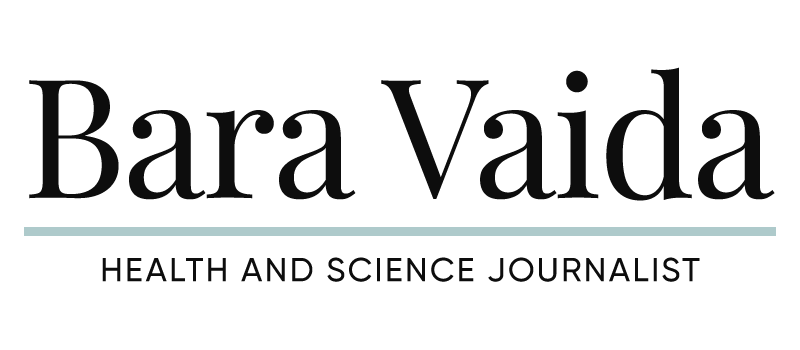I’ve started writing for Washington Consumer Checkbook, which advises consumers to select physicians who are “board certified.” You can check on ratings of doctors here at Checkbook.org.
What does board certification mean, and why is it important?
Care, diagnosis, and treatment are broken down into more than 100 medical specialties and subspecialties. Overseeing the profession’s education standards and assessments of knowledge, skills, and clinical judgment in those specialties are at least three certifying organizations: The American Board of Medical Specialties (ABMS), the American Board of Physician Specialties (ABPS), and the American Osteopathic Association.
Board certification is different than getting a medical license. In the U.S., a physician can only practice medicine if they receive a state license. Rules vary by states, but generally doctors obtain a license by demonstrating they have received graduate medical education, have pursued as many as seven years of supervised in-practice training, and have passed a state medical board test. (All states have their own medical boards with varying requirements. Physicians may only practice in states where they are licensed). The Federation of State Medical Boards directs state board licensing standards and assessments.

